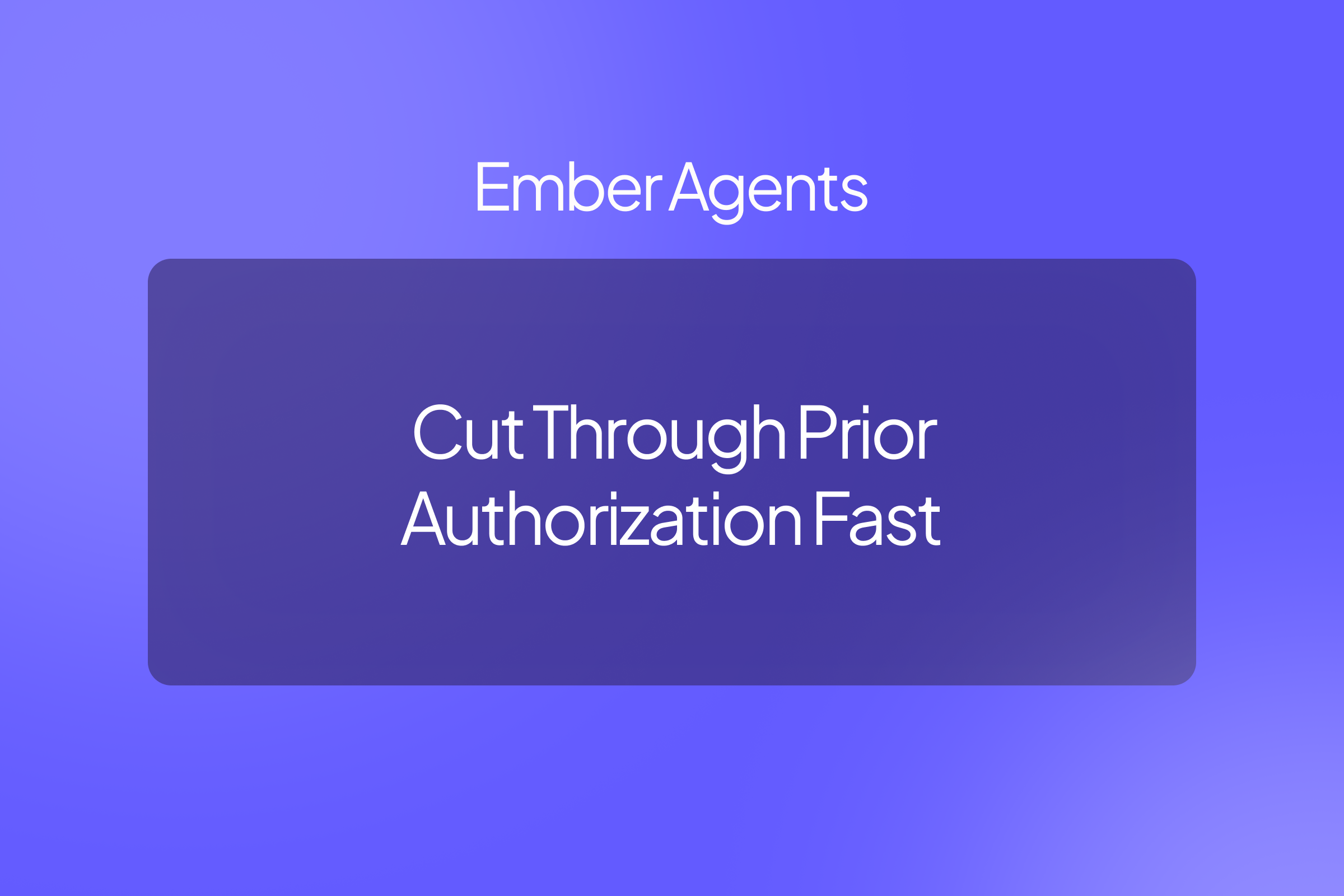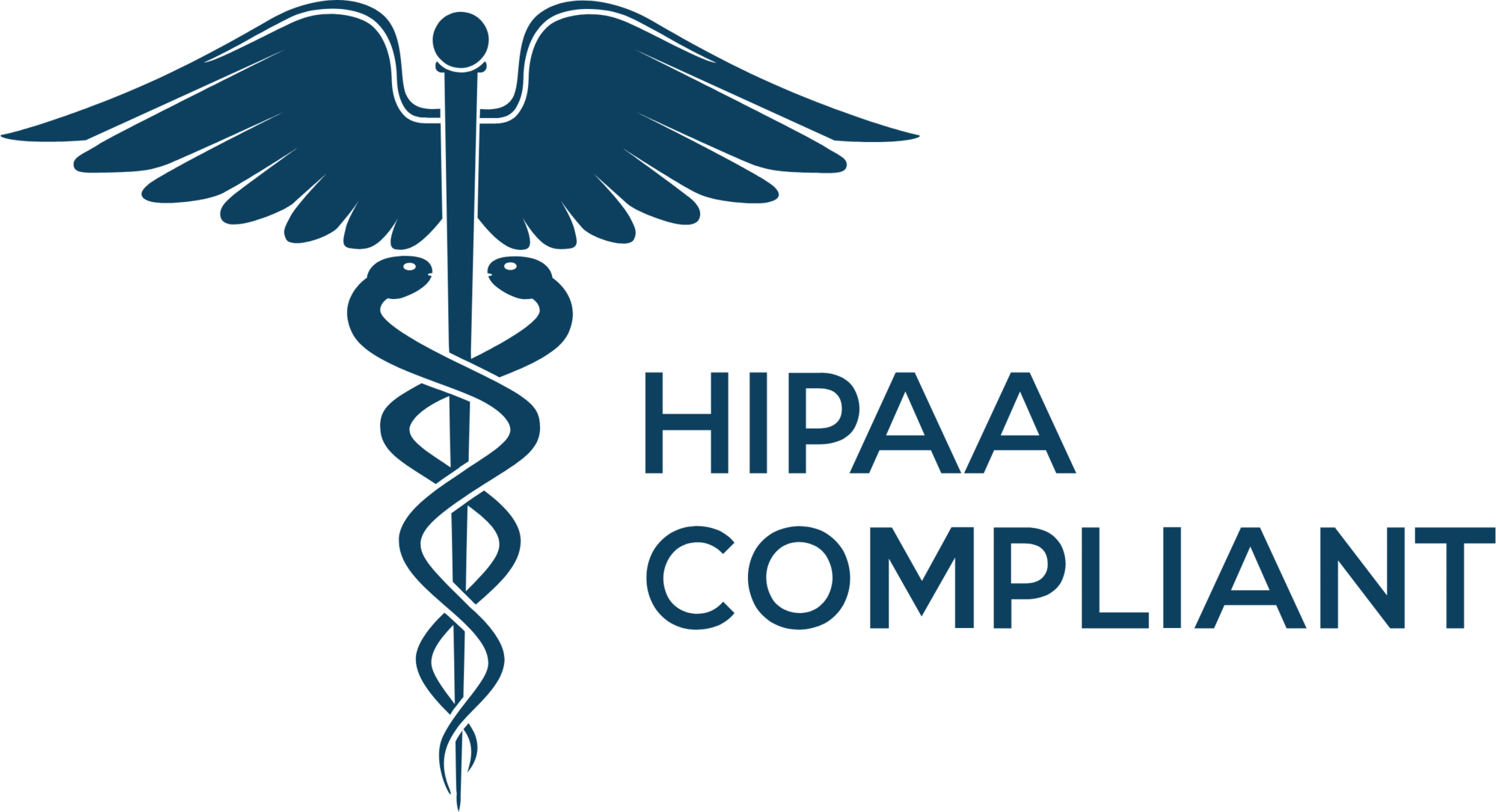
Decoding PR-2 Denials: A Comprehensive Guide for Healthcare RCM Teams
1. What Does PR-2 Claim Denial Mean?
Explaining PR-2 in simple terms
PR-2 indicates that the claim is being denied due to unpaid coinsurance amounts. The "PR" prefix signifies that this is a patient responsibility denial, meaning the patient must pay their required portion of the costs before the claim can be processed.
Why this denial happens and what it means for your claim
- Insurance plans require patients to share costs through coinsurance
- Claims are held until the patient's portion is collected
- Coinsurance amounts are typically a percentage of the allowed amount
- Different services may have different coinsurance requirements
2. Top Reasons Claims Are Denied (Including PR-2)
Common causes of claim denials
- Patient hasn't met their coinsurance obligation
- Incorrect coinsurance amount collected
- Changes in patient's insurance plan affecting coinsurance rates
- Misunderstanding of plan-specific coinsurance requirements
- Failure to verify current coinsurance obligations
How PR-2 compares to other denials
PR-2 denials are distinct from other denial types because they specifically relate to patient financial responsibility. Unlike coverage-based denials or coding issues, these denials stem from payment collection processes and patient financial obligations. They often require direct patient engagement and can be resolved through proper collection of the coinsurance amount. The resolution process focuses on patient communication and payment collection rather than clinical documentation or coding corrections.
3. How Claim Denials Like PR-2 Affect Your Revenue
The financial and operational impact of denied claims
- Delays in payment collection and cash flow
- Increased administrative work for payment processing
- Higher risk of bad debt if coinsurance remains uncollected
- Additional time spent on patient financial counseling
Why addressing denials is critical for your practice
Managing PR-2 denials effectively is essential for maintaining healthy revenue cycles and cash flow. These denials can create significant delays in payment collection and require dedicated resources for patient follow-up. Early identification and proactive collection of coinsurance amounts help prevent revenue delays and maintain positive patient relationships. Understanding and properly managing these denials can also help identify opportunities for improving upfront collection processes.
4. The Key to Reducing PR-2 Denials
Actionable steps to minimize this specific denial
To effectively reduce PR-2 denials, practices must implement robust pre-service financial clearance processes. This includes accurate verification of patient coinsurance requirements, clear communication of financial responsibilities, and efficient point-of-service collection procedures. Staff should be trained on insurance plan specifics and equipped with tools to calculate and collect accurate coinsurance amounts before or at the time of service.
Best practices for improving claim accuracy
Success in preventing PR-2 denials requires a comprehensive approach to patient financial management. Practices should develop clear protocols for verifying coinsurance requirements, implement effective patient communication strategies about financial responsibilities, and establish efficient payment collection processes. Regular staff training on insurance plan requirements and payment collection procedures helps ensure consistent application of financial policies. Additionally, establishing clear financial counseling protocols helps manage patient expectations and improve collection rates.
5. How Ember Can Help
Spot Claim Denials Before They Happen
- Predictive analytics flag high-risk claims automatically
- Alerts notify staff about missing authorizations
- Network status checks ensure compliance.
- Real-time eligibility verification avoids surprises later
Turning Denials Into Opportunities
Ember doesn’t just help resolve denials—it helps you learn from them. By analyzing patterns in denial data, you can identify recurring issues and improve processes. This ensures:
- Better understanding of claim requirements
- Improve staff training and workflows
- Fewer denials overtime, with actionable insights to make smarter decisions
Turning challenges into opportunities leads to stronger performance and fewer claims falling through the cracks.
Making the process easier, faster, and more efficient
Ember improves every step of the denial management process by automating tasks such as eligibility checks and verification. With Ember, you can:
- Save time by reducing manual work.
- Provide staff with clear alerts and next steps for resolution.
- Ensure a faster and more reliable claim submission process.
Ember Copilot helps reduce the effort required, lowers denial rates, and boosts overall efficiency for your team.
Lynn Hsing is a recognized leader in healthcare marketing. Having worked closely with health systems and providers, Lynn brings a nuanced understanding of the challenges they face — from administrative burden and claim denials to reimbursement delays and staff shortages. This firsthand insight has shaped Lynn’s ability to translate complex AI solutions into meaningful value for healthcare organizations.








